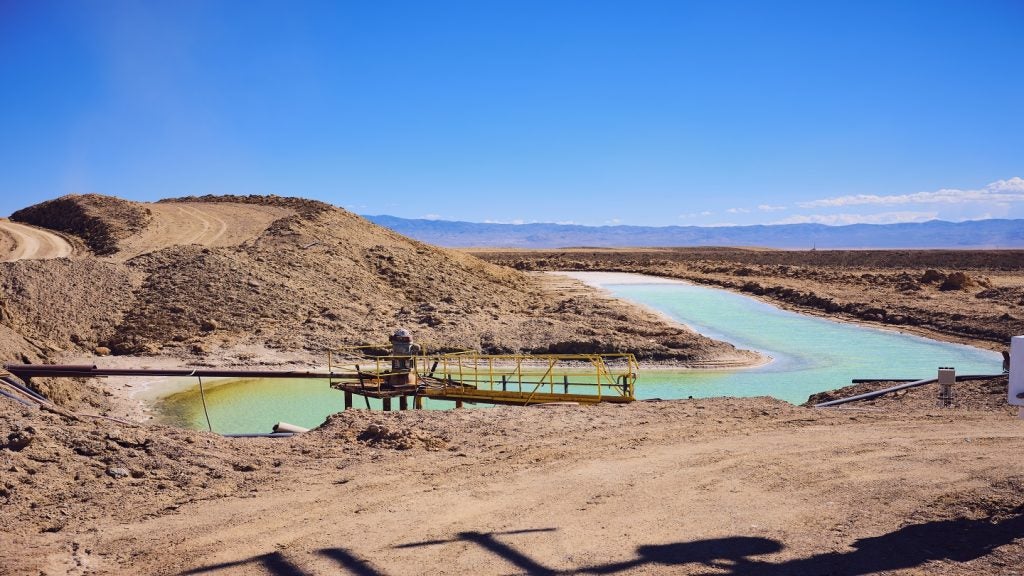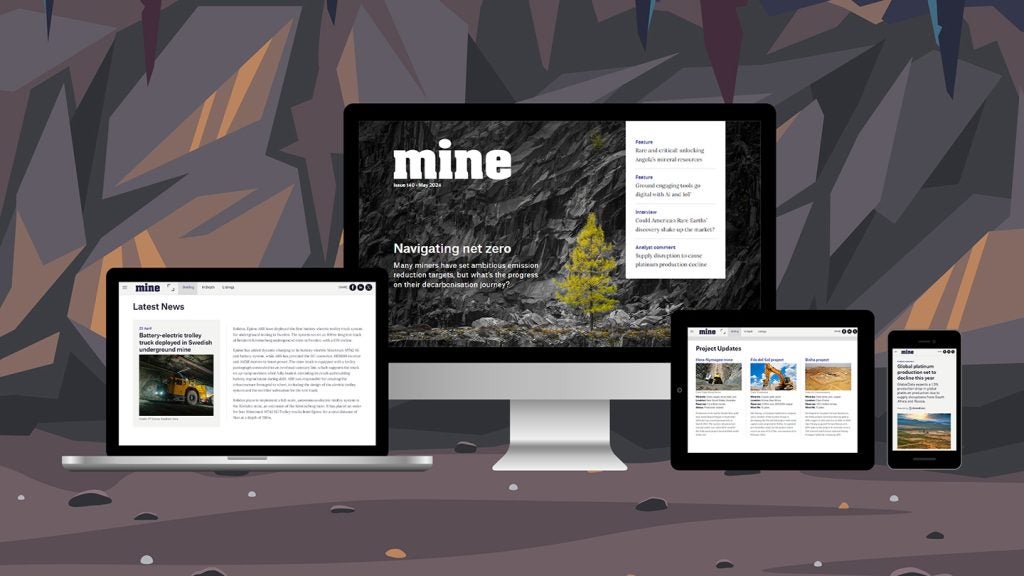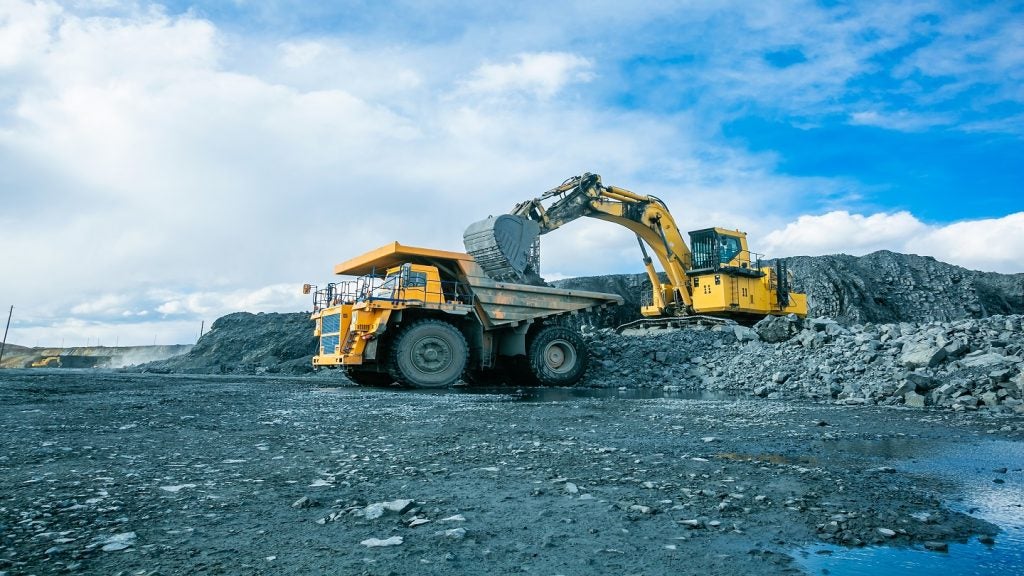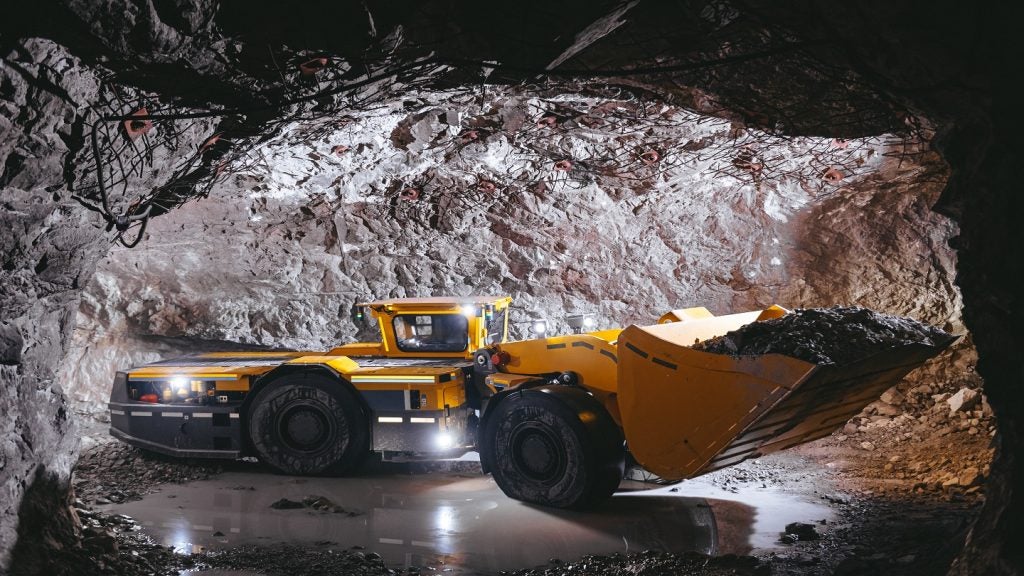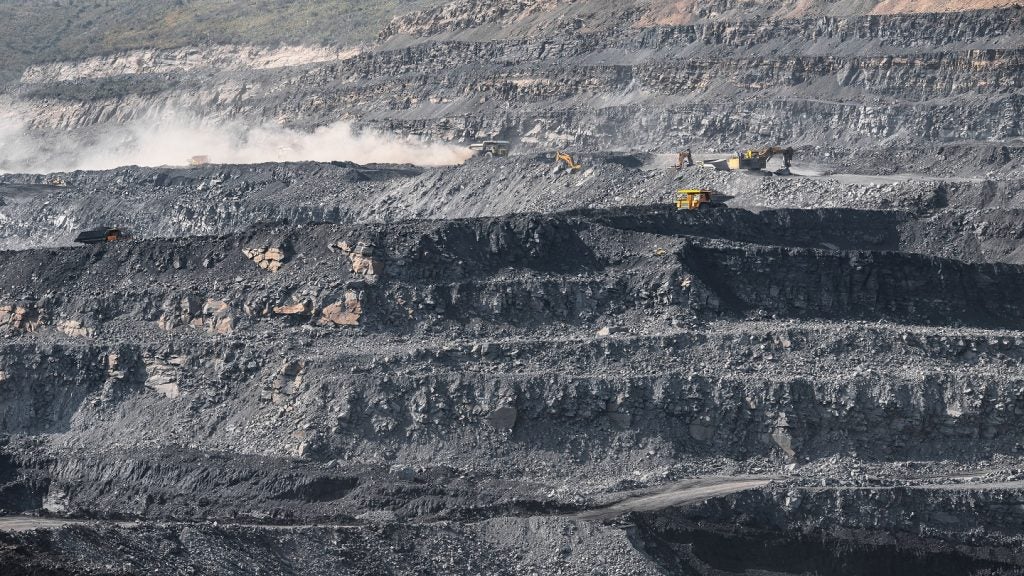Anglo American has received a $38.8bn (£30.83bn) unsolicited, non-binding all-share buyout proposal from rival BHP Group, which if materialised would see one of the largest mergers in the mining industry in recent times, reported Bloomberg.
Confirming the offer, Anglo American said in a statement: “The proposal comprises an all-share offer for Anglo American by BHP and would be preceded by separate demergers by Anglo American of its entire shareholdings in Anglo American Platinum Limited and Kumba Iron Ore Limited to Anglo American shareholders. The two parts of the proposal would be inter-conditional.
“The Board is currently reviewing this proposal with its advisers.”
However, the British multinational mining company stressed that the possibility of the deal being executed is still uncertain.
Anglo American is said to have been reviewing its assets since February following a 94% drop in annual profit and multiple write-downs amid decreased demand for its mined metals.
The proposal stipulates a condition that Anglo American must first distribute its entire stakes in Anglo American Platinum and Kumba Iron Ore to its shareholders, reducing its South African exposure.
The Anglo American board is currently assessing BHP’s all-scrip offer, with its details not made public.
BHP has a deadline of 22 May to come up with a definitive offer.
Australia’s BHP, with a market capitalisation of around $149bn (A$228.22bn), is known for its extensive mining operations including iron ore, copper, coking coal, potash and nickel.
Anglo American operates mines in several countries such as Chile, South Africa, Brazil and Australia, with significant copper mines in Chile and Peru – regions where BHP also has a presence.
Their combined copper production could reach around 2.6 million tonnes annually, representing around 10% of the world's total output, reported Reuters.
The deal, if successful, would enable BHP to secure more copper, a critical metal for the clean energy transition, and potash, aligning with its strategic commodities focus.
Additionally, it would provide BHP with increased access to coking coal in Australia.




